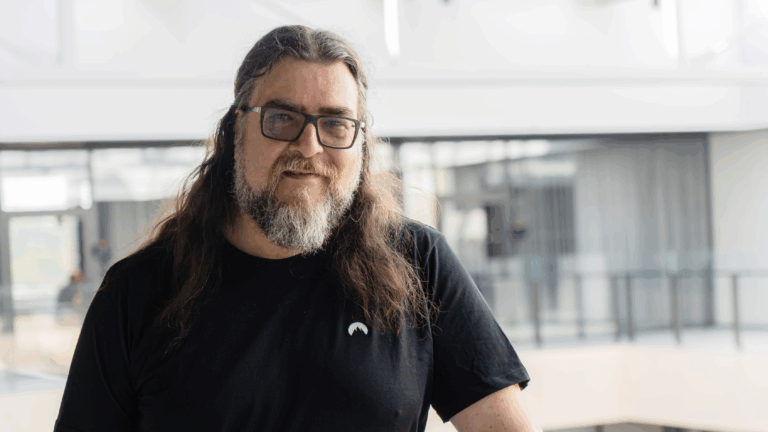
Executive Interviews
Global Salon: Cybercrime In The Age Of AI
Adrianus Warmenhoven, a veteran cybersecurity expert and NordVPN advisor, speaks with Global Finance about cybersecurity and how AI is raising the stakes for companies.
Global news and insight for corporate financial professionals
Join the global community of corporate and public-sector finance industry leaders reading Global Finance monthly in print.
Click Here
Executive Interviews

Economics, Policy & Regulation
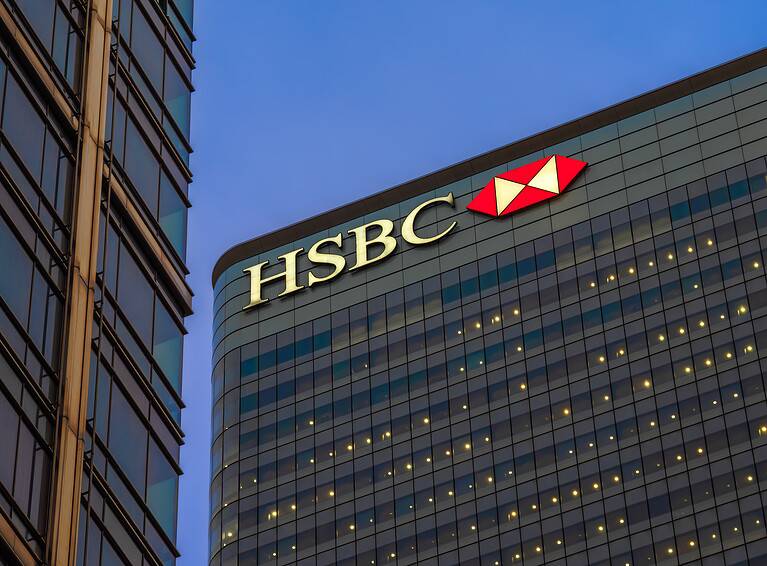
Capital Raising & Corporate Finance

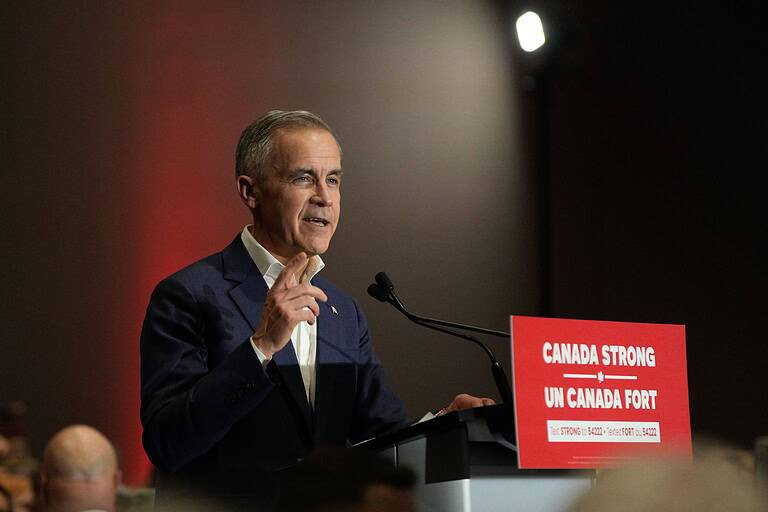
Economics, Policy & Regulation

Economics, Policy & Regulation

Economics, Policy & Regulation
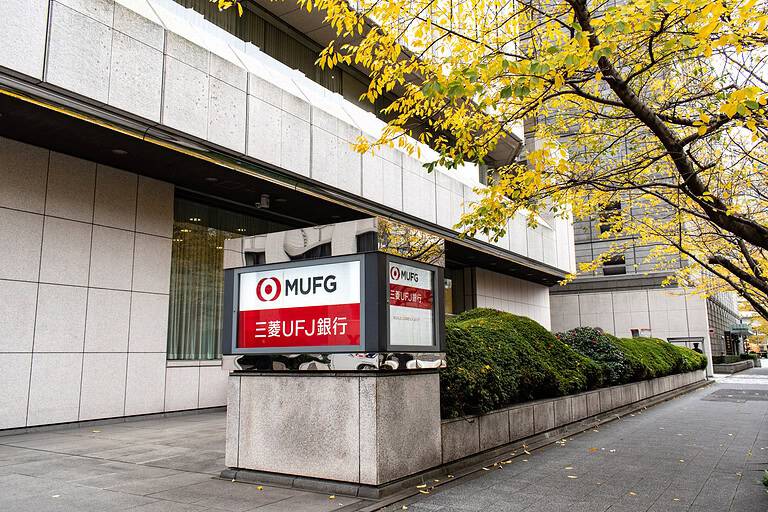
Capital Raising & Corporate Finance

Economics, Policy & Regulation

Capital Raising & Corporate Finance
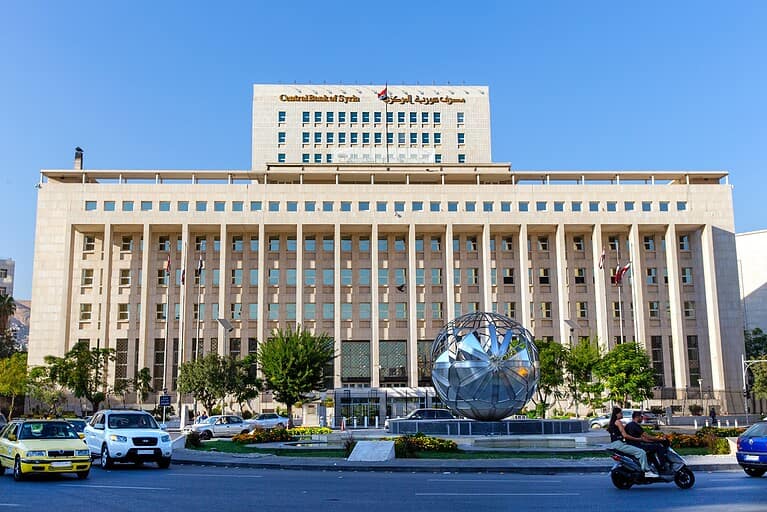
Economics, Policy & Regulation
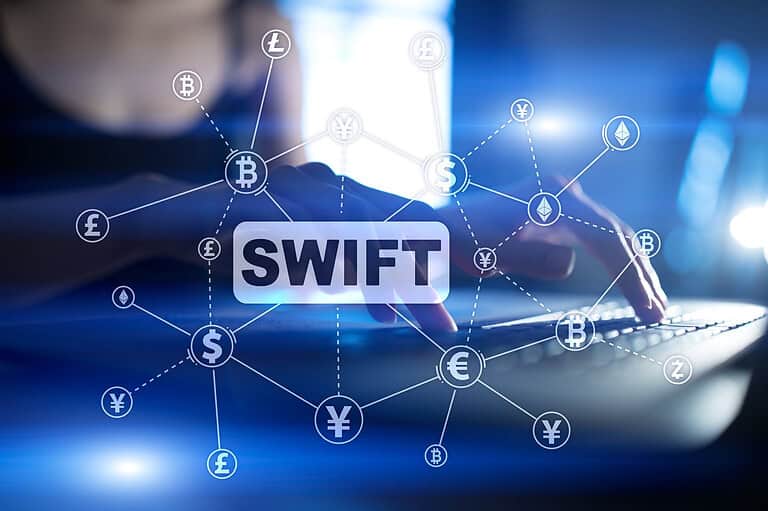
Transaction Banking

Economics, Policy & Regulation